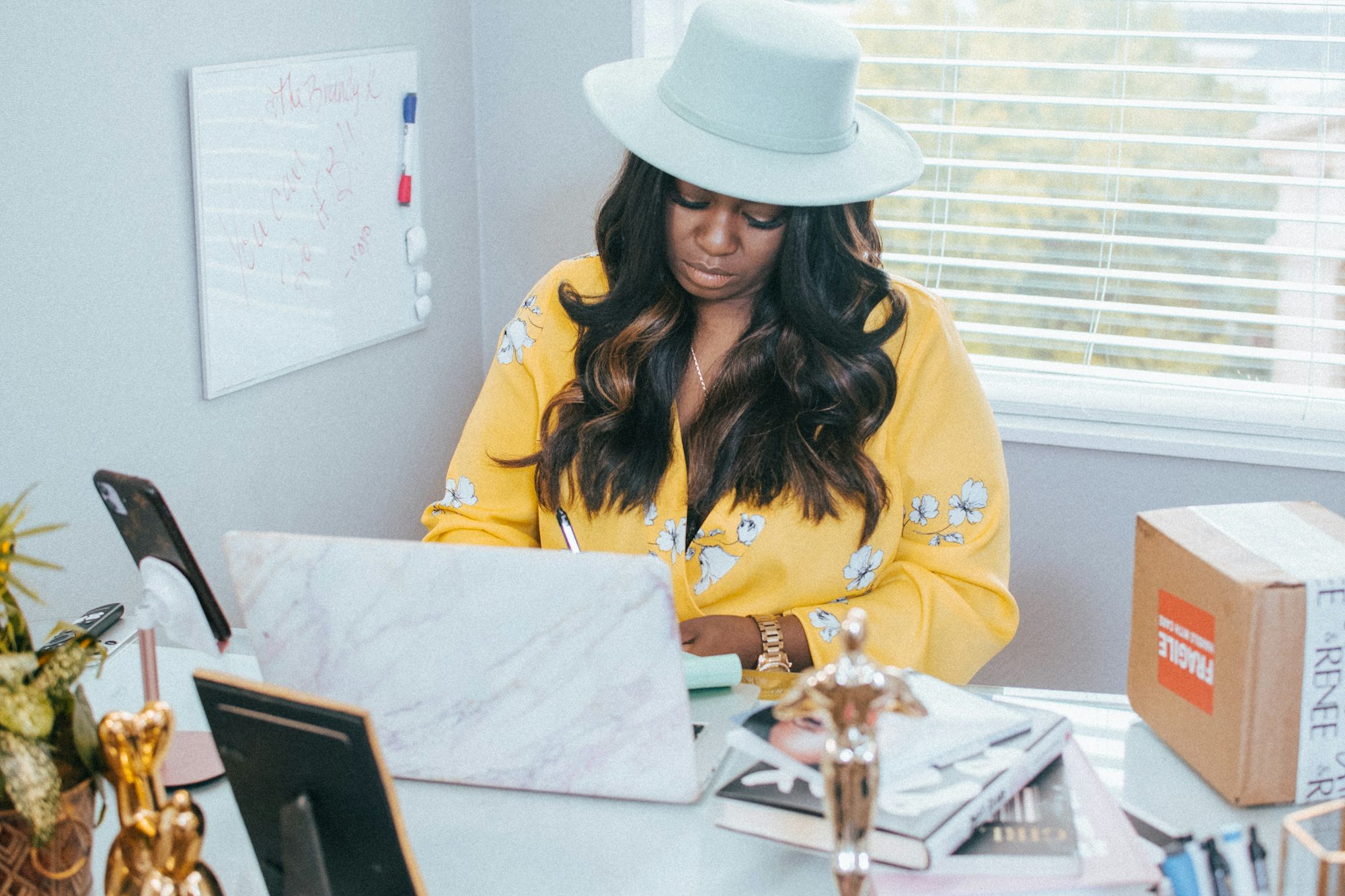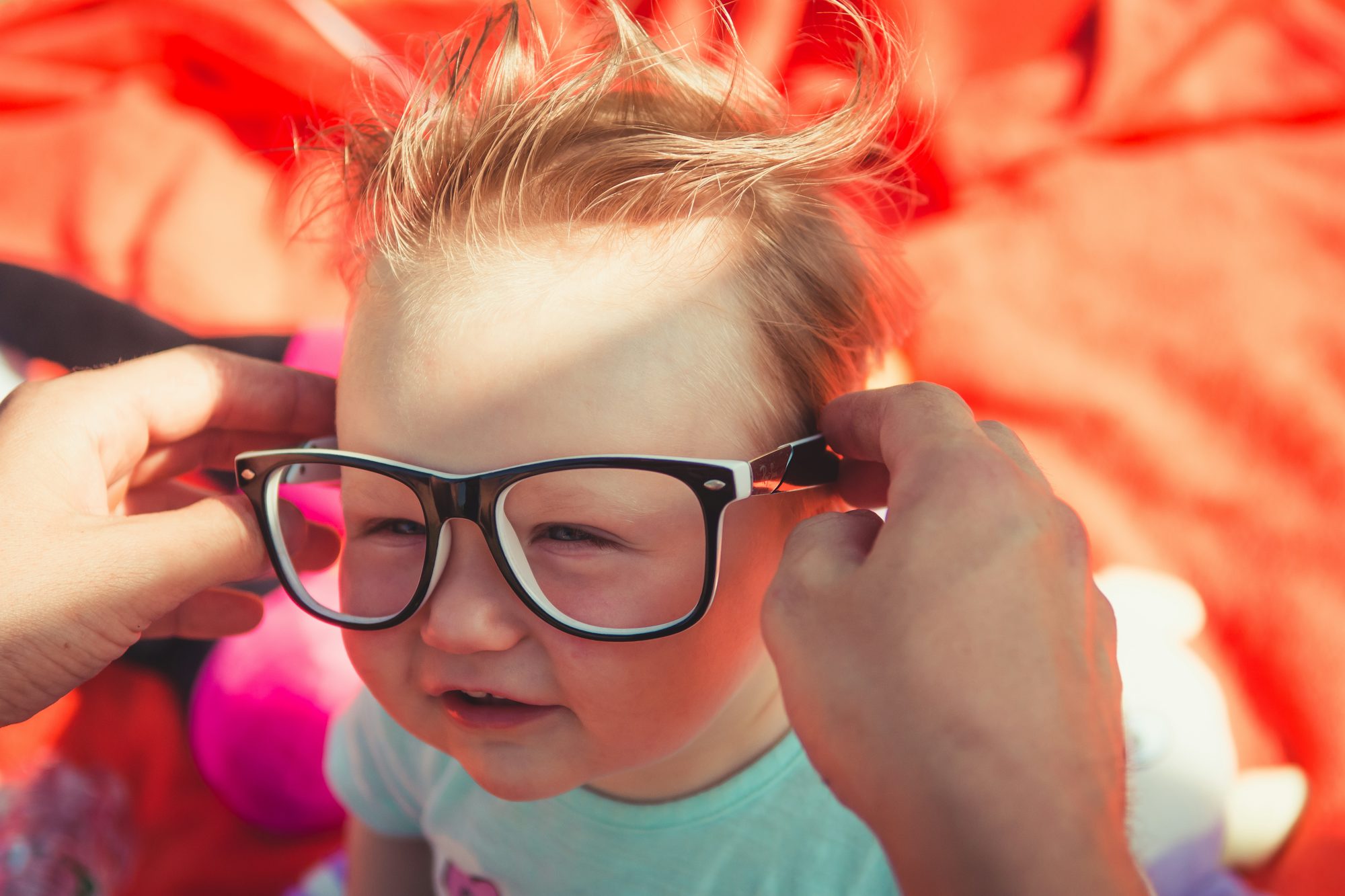In recent years, social media has dramatically reshaped the modeling industry, introducing new platforms and opportunities that have transformed traditional concepts of beauty and representation. From Instagram to TikTok, models now have the ability to showcase their work, connect with audiences, and influence trends directly. This article examines the profound impact of social media on modern modeling, highlighting both the opportunities and challenges that come with this digital evolution.
Historically, models relied on agencies, magazines, and fashion shows to gain visibility and build their careers. This often meant that only a select few, typically those fitting conventional beauty standards, received opportunities to succeed. However, the rise of social media platforms has democratized the modeling landscape, allowing individuals from various backgrounds to share their stories and aesthetics with the world. This shift has been crucial in broadening the definition of beauty, encouraging diversity and inclusivity within the industry.
Social media has enabled models to build personal brands, cultivating a following that extends beyond the traditional realm of modeling. Influencers have emerged as key players in this new landscape, blurring the lines between models and everyday individuals. They often share glimpses of their lives, fashion choices, and creative endeavors, fostering genuine connections with their followers. This authenticity resonates with audiences, making social media models more relatable than their high-fashion counterparts, who may often appear distant and inaccessible.
Moreover, social media platforms allow for immediate feedback and interaction, creating a two-way dialogue between models and their audiences. This engagement can influence trends, as followers often express their preferences and opinions on styles, products, and beauty standards. Models who actively engage with their communities can cultivate loyalty and support, making their voices more influential within the industry. Brands have recognized this shift and are increasingly seeking collaborations with social media influencers, seeing them as effective conduits for reaching younger consumers.
In addition to reshaping representation, social media has also impacted beauty standards significantly. The accessibility of platforms has given rise to a wider array of beauty ideals, moving away from the singular, often unrealistic standards promoted by traditional media. Models of diverse sizes, shapes, and ethnicities now have the opportunity to showcase their unique beauty, challenging the norms that once dominated the industry. Campaigns that feature models of various backgrounds are increasingly common, reflecting a growing acknowledgment of beauty in all its forms.
However, the rise of social media also brings challenges. The pressure to maintain a curated online presence can lead to unrealistic expectations and mental health struggles for models. The constant comparison to others, the quest for likes, and the need for engagement can create a demanding environment that impacts self-esteem. Additionally, the prevalence of editing tools and filters can distort perceptions of reality, leading to a culture that prioritizes appearance over authenticity.
Despite these challenges, social media’s influence on modern modeling is undeniable. The industry is evolving to embrace new forms of representation, with many brands actively seeking diverse models who resonate with their target audiences. This shift reflects a growing recognition that consumers desire authenticity and relatability, as opposed to unattainable ideals. Social media has paved the way for a more inclusive and representative modeling landscape, where beauty is celebrated in all its forms.
As we look to the future, the role of social media in modeling will likely continue to expand. Emerging platforms and technologies will create even more opportunities for models to connect with audiences and showcase their work. The rise of virtual reality, for example, may allow for immersive fashion experiences that redefine how consumers engage with brands and models alike. Furthermore, the ongoing discussions surrounding mental health and body positivity will shape how the industry approaches beauty standards and representation.
In conclusion, social media has revolutionized the modeling industry, empowering models to share their voices and redefine beauty on their own terms. While challenges remain, the opportunities for connection, representation, and authenticity have transformed the way we perceive modeling. As the industry continues to evolve, it is essential to embrace the diversity of beauty and the stories that come with it. The future of modeling is not just about aesthetics; it is about authenticity, inclusivity, and the celebration of individuality in all its forms.






